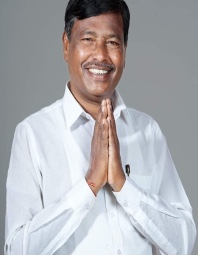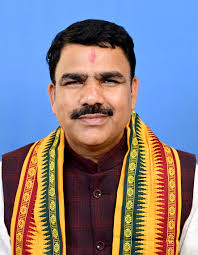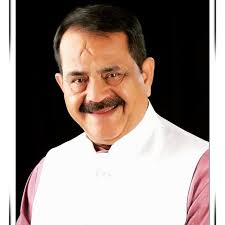Odisha’s Teacher Transfer Policy Faces Backlash Over Potential Misuse and Weakening of Institutional Mechanisms



Bhubaneswar, June 5, 2025 – A new directive by the Odisha government, allowing Members of Parliament (MPs) and Members of Legislative Assembly (MLAs) to recommend the transfer of up to 15 teachers within their constituencies, has ignited a fierce controversy. Opposition MLAs have demanded the immediate withdrawal of this policy, arguing that it not only exerts undue pressure on elected representatives but also undermines the authority of the Inter-District Transfer Committee and the principles of a transparent, policy-driven transfer process.
On May 13, 2025, the School and Mass Education Department issued guidelines permitting elected representatives to propose the transfer of up to 15 elementary and secondary school teachers within their constituencies as a one-time measure for the current educational year. These recommendations, to be submitted to district collectors by June 15, will be processed by the District Level Transfer Committee (DLTC) while adhering to rationalization principles and prioritizing teachers with genuine needs. The policy restricts transfers to intra-district movements and prohibits relocating teachers from rural to urban areas. For Rajya Sabha MPs, recommendations are to be forwarded to the Director of Secondary Education, with intimation to the Director of Elementary Education, for further processing.
While the government claims the policy empowers elected representatives to address local educational needs, opposition MLAs have fiercely criticized it. On June 5, 2025, BJD MLA from Kendrapada, Ganeswar Behera, wrote to School and Mass Education Minister Nityananda Gond, urging the policy’s withdrawal. Behera highlighted the overwhelming pressure on MLAs from teachers seeking transfers, describing it as a potential “political liability.” Posts on X reflect similar concerns, with opposition leaders warning that the policy could lead to accusations of favoritism and bias.
Critics argue that granting MLAs and MPs such extensive discretionary powers risks politicizing teacher transfers, which could erode the transparent and merit-based framework established by the Odisha School Education Programme Authority (OSEPA). Moreover, the policy is seen as a direct threat to the authority of the Inter-District Transfer Committee, which is tasked with ensuring transfers align with state-wide educational policies and principles. By allowing elected representatives to influence transfer decisions, the policy could disrupt the committee’s ability to maintain fairness and consistency, potentially favoring political considerations over objective criteria.
Former minister and senior BJD MLA Arun Sahoo noted that the previous government limited MLAs to recommending only three to five teacher transfers, a system that balanced local input with institutional oversight. The expansion to 15 recommendations has raised fears of misuse, with opposition leaders warning that it could destabilize the education system and weaken the structured, policy-driven approach to teacher placements.
Supporters of the policy argue it enables elected representatives to address genuine teacher grievances, such as personal or professional hardships, more effectively. The government has emphasized that the DLTC will ensure compliance with established norms, and the restriction on rural-to-urban transfers aims to maintain educational equity in underserved areas.
The controversy unfolds amid broader educational reforms in Odisha. On June 3, 2025, OSEPA revised the transfer calendar for primary school teachers, setting a deadline of June 6 for applications. Meanwhile, the Odisha Staff Selection Commission (OSSC) is recruiting 6,025 Leave Training Reserve (LTR) teachers for government secondary schools, with applications open until February 10, 2025.
As opposition MLAs intensify their call for the policy’s withdrawal, the government faces mounting pressure to address concerns about political interference and the erosion of institutional mechanisms. The debate underscores the delicate balance between empowering local representatives and preserving the integrity of Odisha’s education system. Whether the government will revise or revoke the policy remains uncertain, but the controversy has sparked a critical discussion about the role of politics in educational reforms.
